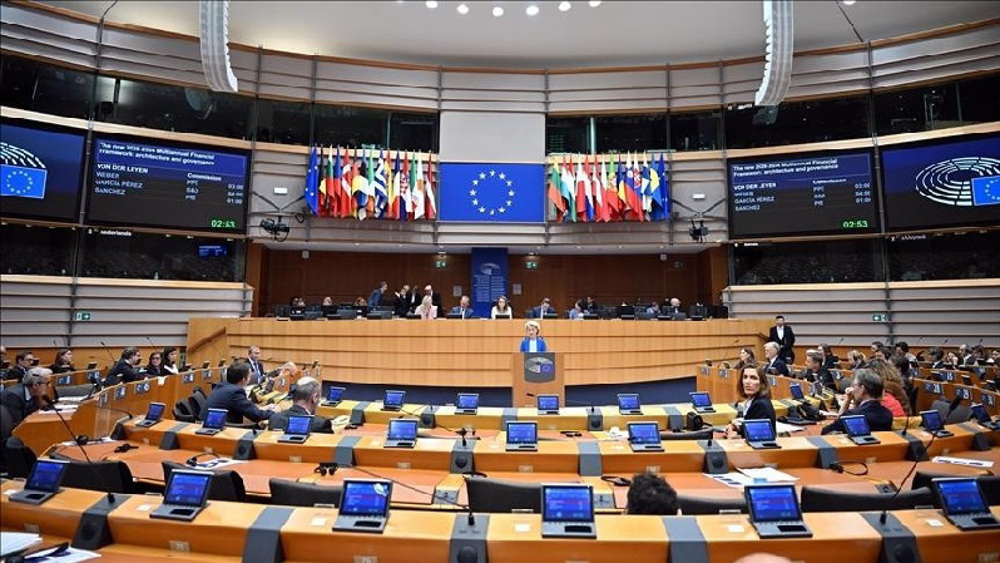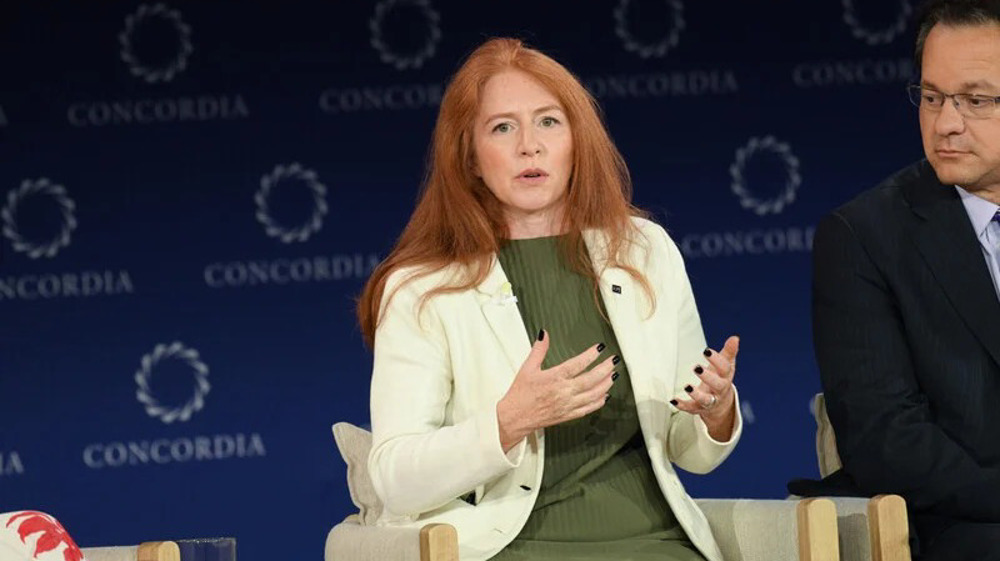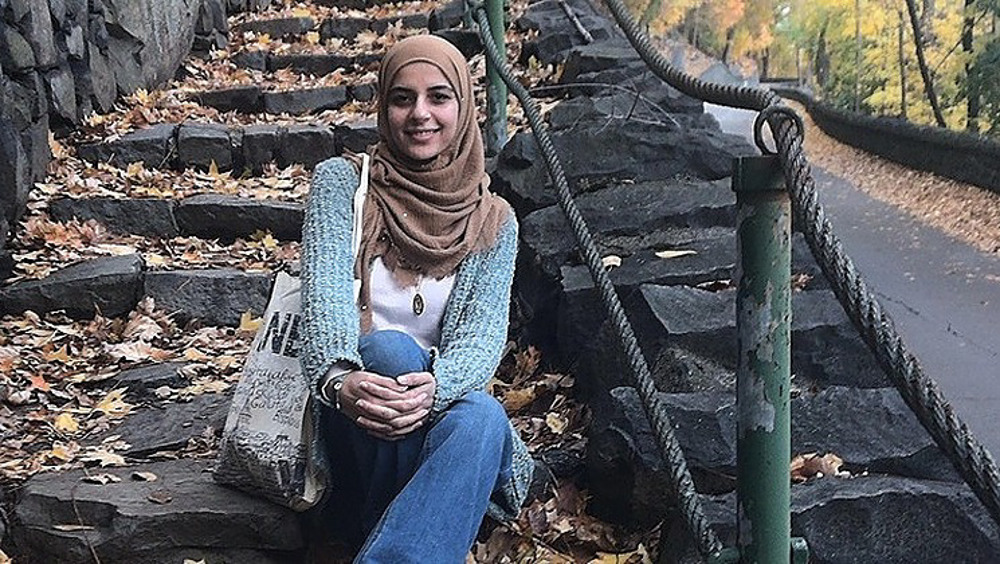Obama sends tech leaders warning on encryption
US President Barack Obama says he supports law enforcement efforts to gain access to protected information from electronic devices.
Speaking in Austin, Texas, on Friday, Obama urged tech companies to build a safe encryption key to assist in law enforcement investigations.
"There has to be some concession to the need to be able to get into that information somehow," he said.
"If technologically, it is possible to make an impenetrable device or system where the encryption is so strong that there's no key, there's no door at all, then how do we apprehend the child pornographer? How do we solve or disrupt a terrorist plot?"
The US president warned that a failure could see stringent measures by Congress.
He urged encryption advocates to avoid taking an absolutist stance, and warned against "fetishizing our phones above every other value."
"We make compromises all the time," Obama said, pointing to invasive airport security measures, police search powers and traffic stops.
"It's an intrusion, but we think it's the right thing to do," he said.
"And this notion that somehow our data is different and can be walled off from those other tradeoffs we make, I believe, is incorrect," he argued.
The debate pitting encryption and personal privacy has intensified in the US in recent years, after whistleblower Edward Snowden revealed the metadata collection program by the National Security Agency.
The issues have recently brought the Obama administration on a collision course with Apple.

The world's largest tech firm has challenged a federal court order to help the FBI break into an encrypted iPhone used by a San Bernardino terror suspect.
The tech giant has argued that the FBI’s demand to roll back data protections to iOS 7 in the iPhone used by Syed Rizwan Farook would give authorities the chance to access other iPhones as well.
Farook, 28, and his wife, Tashfeen Malik, 27, raided a Department of Public Health training event and holiday party on December 2, 2015, killing 14 dead and injuring 22.
The US Justice Department, which is in charge of the FBI, has sought court orders to force Apple to extract data from 15 devices in the past four months, beginning with a case in New York City in which Apple declined to cooperate with investigators in October.
Iran’s uneven fight against US-led financial firewall
Iran joins club of countries with 110 advanced cell therapy products
Zelensky seeks 20-year US guarantee to ink Ukraine-Russia peace deal
VIDEO | Press TV's news headlines
Iran says ball in US court to prove seriousness about making deal
Austrian press casts Iranian ties as threats, spotlighting bias and selective freedom
Munich 'circus' excludes Iran’s elected representatives, platforms ‘regime change’ lobbyists
Israeli reservists exploited secret bombing intelligence to bet on Gaza strikes












 This makes it easy to access the Press TV website
This makes it easy to access the Press TV website